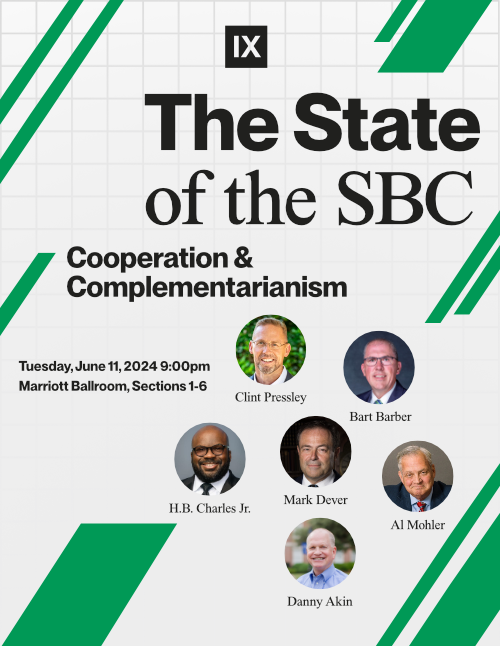1 Samuel 2:12–3:21: On the Fat and Fatuous Priests and the Favored and Faithful Prophet (Bible Talk, Ep. 84)
This passage in 1 Samuel is a yo-yo—or, as Sam likes to call it, a chiasm. It bounces up and down between the unfaithful priests (Eli’s sons) and the faithful prophet Samuel.
Listen to the latest episode of Bible Talk with Alex, Jim, and Sam.
SHOW NOTES
2:26 / Why is this verse—“The bows of the mighty are broken, but the feeble bind on strength”—a thesis statement for the book? (2:4)
5:03 / The structure of the passage is discerned through its yo-yoing.
7:10 / Why are Eli’s sons worthless? (2:12)
9:51 / How is Samuel contrasted with Eli’s sons? (2:18–21)
12:34 / When Luke writes, “And Jesus increased in wisdom and in stature and in favor with God and man” (Luke 2:52), is he trying to make his readers think of 1 Samuel 2:26?
15:35 / 1 Samuel 2:25 is a “worldview verse.”
16:50 / What’s the structure of 1 Samuel 2:27–36?
18:18 / How does 1 Samuel 2:27 have massive implications for how God’s people relate to God under the Old and New Covenants?
21:14 / Jim and Sam commentate verse-by-verse (2:28–34).
23:56 / 1 Samuel 2:35 is important, and interpreting it gets technical.
32:50 / How is 1 Samuel 3 a fitting summary of the first three chapters of the book?
35:29 / God calls Samuel dramatically, and Eli reacts to God’s judgment apathetically.
37:33 / The Lord reveals himself by his word (3:21).
39:09 / What’s next?
Resource Referenced: The Royal Priest: Psalm 110 in Biblical Theology, by Matthew H. Emadi
Related Multimedia

On William Carey (Missions Talk, Ep. 37)
By J. Mack Stiles, Ryan Robertson, Sam Masters









